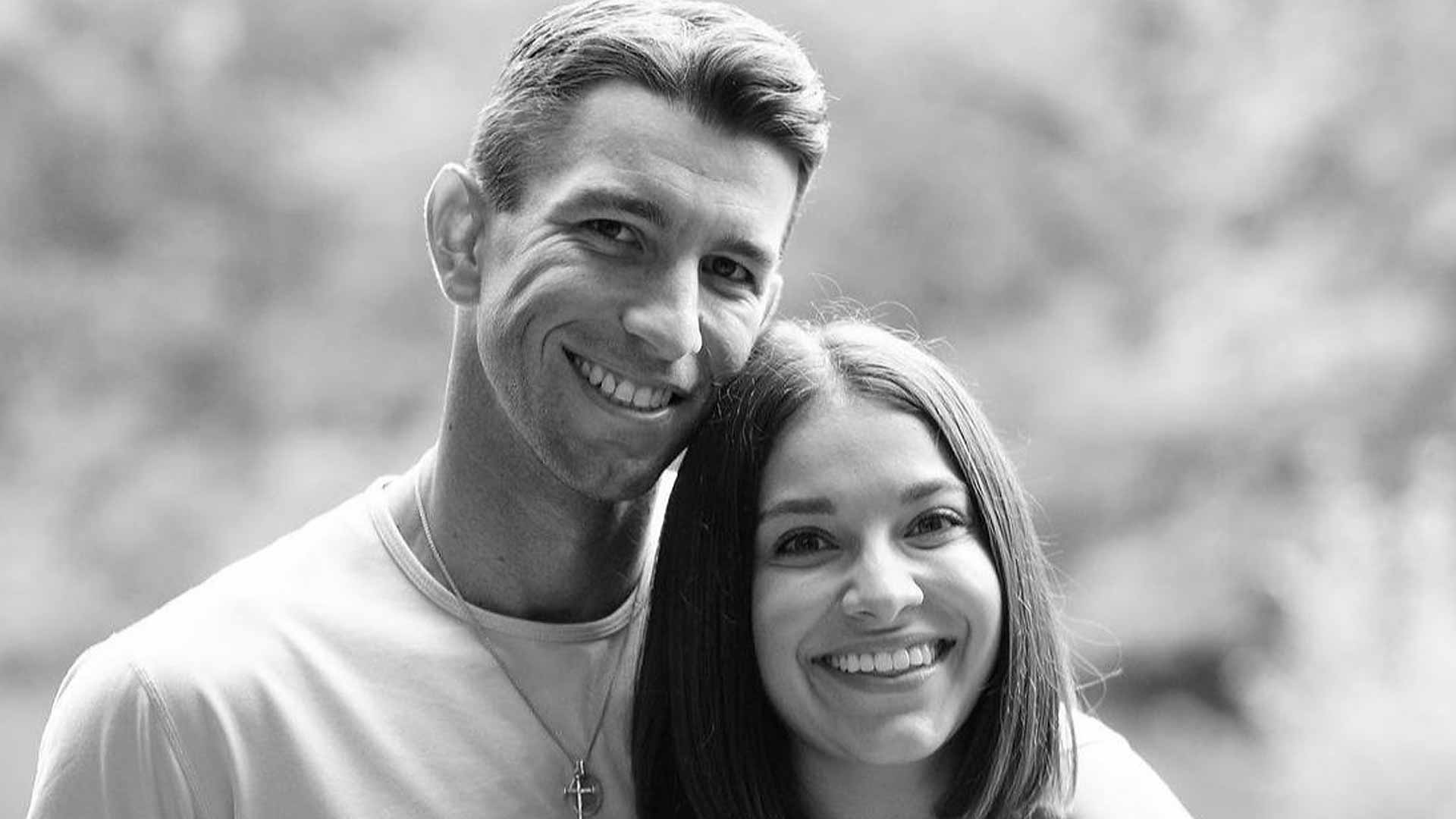Two years ago, Jakub Mensik and his coach, Tomas Josefus, were in New York for the first time. Mensik qualified for the US Open boys’ singles event and reached the third round of the main draw. It was an invaluable experience, but one off-court memory sticks out.
Josefus remembers watching with his charge on television an 18-year-old Carlos Alcaraz upset Stefanos Tsitsipas in a final-set tie-break.
“Carlos, at that moment, he was only 18, a little bit older than Jakub,” Josefus recalled. “We said, ‘Wow, he’s so good in this age.’”
On Friday Mensik turns 18 and it is the Czech making waves at Flushing Meadows. The teen will play No. 1 American Taylor Fritz for a place in the fourth round of the US Open. For those who have not seen him play before, expect the 6’4” Czech to come out firing.
“I’m very tall. I have a little bit [of an] advantage over other guys,” Mensik said. “So with my big serve and also with my aggressive position on the court, I feel very comfortable.”
You May Also Like:
Meet Jakub Mensik, The 17-Year-Old Taking The US Open By Storm
Josefus, who first met Mensik when he was eight, concurred with his player’s evaluation.
“Jakub is an aggressive baseliner for sure. His game style is really aggressive and is trying to put pressure on his opponent with taking time away. That’s probably the signature of Jakub’s game,” Josefus said. “He has a big serve and big return. In today’s tennis, and in today’s game, zero to four shot rallies, especially here on hard courts in the U.S. are a minimum 60, maybe sometimes 70 per cent of all points. So definitely a big serve and big return is a big strength of Jakub’s game.”
According to Josefus, Mensik did not always play such an attacking style.
“When he played the Under-14s category, he played not so aggressive. He stayed more on the baseline, sometimes only pushing and waiting on errors from the opponent’s side. Today’s tennis, it’s about being aggressive, you have to be very aggressive,” Josefus said. “It’s not about unforced errors, but it’s about forced errors in today’s game. So the majority of the points in tennis are forced errors. So for that reason, you have to be aggressive.”
From eight until nearly 14, Josefus was part of a trio of coaches who worked with Mensik in Prostejov. Since then, Josefus has been his player’s main coach. From a young age, he has seen how quickly Mensik learns.
“I think his motor learning is very fast. So if I compare it with other players, especially in this age, Jakub is learning very fast. He is a very intelligent guy,” Josefus said. “These days we are working a lot with data and numbers so of course, it’s a long pathway. But definitely when I saw him for the first time, he was learning fast, new movements, new skills.”
Some of Mensik’s most valuable learning experiences have come in two separate training weeks with 23-time major champion Novak Djokovic. Ironically, Josefus said Mensik’s signature shot is his counter-attacking backhand from an open stance, just like the Serbian.
“Imagine if you are only 16 and you got the chance to spend — and for me also as his coach — some time directly with Novak and with the whole team. It’s a big, big challenge and a big, big privilege for us,” Josefus said. “It opened our eyes in many ways. And he helped him a lot because if he’s on court with anybody else, he knows that Nole is the better or bigger guy. So he has no problem with that.”
Josefus explained that they learned from Djokovic how important details are. There are so many different things that go into becoming the best tennis player possible.
“It’s not only about the forehands and backhands and serves and returns, but it’s about the food. It’s about the specific conditioning, it’s about the opponent scouting, it’s about the player development,” Josefus said. “In data you are able to see the truth about your game.”
According to Josefus, Djokovic’s team has been kind enough to offer advice even outside of those training weeks. Josefus also now uses the same analytics team that assists the Serbian so that the Czechs can hone in on the details.
That is a big part of what has allowed Mensik, the 2022 Australian Open boys’ singles finalist, to make his breakthrough in New York. The player he defeated in the second round, Titouan Droguet, had played him twice before. The Frenchman was impressed by the improvement Mensik had made.
“It was really not this kind of match. He improved a lot his game,” Droguet said. “He’s very young and in the rankings he’s moving up every month. I don’t see any limit for him in the future to be a great player.”




 Jackson Withrow and Allie Sweeney” />
Jackson Withrow and Allie Sweeney” />